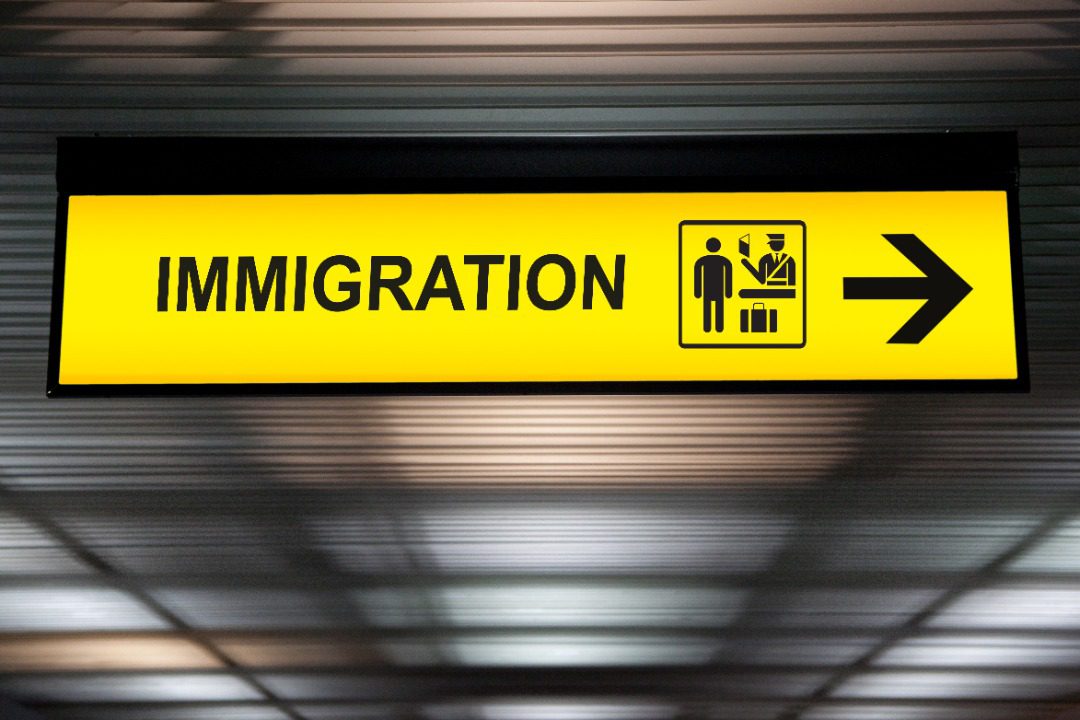
Written by Temitayo Ogunmokun
The Lord had said to Abram, “Go from your country, your people and your father’s household to the land I will show you… So Abram went, as the Lord had told him; and Lot went with him…” – Gen 12: 1 & 4
Relocation has become a hot topic of discourse in recent times. It is the increasingly popular “Plan B” (or is that ‘Plan A?’) of most concerned Nigerians who can afford it. Chances are, every person reading this piece knows someone who has either relocated or is actively planning to do so.
Prior to these times though, the idea of abandoning successful careers, families, businesses, and relationships acquired over a lifetime of residence in one’s home country, to start afresh in another country despite anticipated uncertainties, seemed remote to most people. But as Nigeria’s political and socio-economic conditions have worsened, more and more people are showing less restraint about taking the leap and braving the odds.
As a person of faith, however, should you or should you not relocate?
The Scripture is replete with stories of relocation and significantly so because relocation helped shaped the course of biblical history. Abraham, at God’s command, left his native home in fulfillment of the prophecy to make him a blessing to the nations. Joseph became an unwilling migrant when he was sold into slavery by his brothers. Under Moses’ leadership, the people of Israel became refugees in pursuit of the Promised Land. Ruth, who would become part of Jesus’ lineage, married a foreign man in her own land, became widowed, and relocated to her husband’s home country in search of better fortunes.
Relocation is the pursuit of a dream; the first rungs on a ladder of hope that should lead to greener pastures. The challenge however is that it is often difficult to tell the difference between grass and astroturf until you are standing right on top of it, and no matter how beautiful astroturf looks, it is not edible.
And so it is with relocation. There’s good news and there’s bad news. Let’s start with the good first.
There are so many stories of success, and these stories help us know that success in a country other than your country of birth is not a myth. It is possible and still happens daily.
We have all been inspired by the stories of Nigerian migrants who surmounted cultural, culinary, and integration hurdles to build impressive establishments for themselves in the new countries they call home.
There is no gainsaying that creativity, confidence, and intelligence all thrive in environments where the basic necessities of life are guaranteed. These qualities, coupled with the can-do spirit inherent in the average Nigerian, are the perfect catalyst for success. It is, therefore, no surprise that Nigerians are the most successful ethnic group in the United States.
That said, there are several other reasons why people seek relocation. These include asylum and the desire to secure the future of their children, to protect them from the uncertainties and bleak outlook of the educational system.
Despite its many benefits though, relocation does not come without a price, and oftentimes, it is a high price.
When we leave the comfort of our countries, we become separated from familiar support systems that nourish and sustain us. Community, whether family or religious, is fundamental to our culture, and in its absence, we may become vulnerable to all sorts of pressures. A strong support system helps us better navigate life.
Another common challenge is that while some physically move to a new place, they never relocate mentally and emotionally. Consequently, they are caught in between two worlds; mentally stuck to the former while physically present in the latter. This complicates the already challenging process of building new friendships, integrating into the community, starting a new job, or serving in a church family; torn between two worlds but not really getting the full benefit of either. As the years pass, such people see little or no progress in their affairs and may not even have the benefit of a strong network to show for their time.
The decision to relocate is a crucial one and if pursued, will significantly alter life as you know it. Hence, it is important to include God in that decision and defer to His direction and timing accordingly. Since we have the assurance of the goodness of his thoughts towards us always (Jer. 29:11), fixating on our desires and ignoring His will in this regard may lead to painful consequences that include loss, exploitation, and “wandering in the desert” for years.
In conclusion, relocation may well and truly bring broader experiences, a better quality of life, and upward social mobility. Sometimes, the compromises may even be a fair exchange because after all, home is wherever you call it. But keep in mind that when leaving your home, you will sacrifice much more than is immediately apparent. You may have to put your ability to develop within a community on hold, and it could be years before you get to the same level of trust and relationship with those in your new place. The effects of this are tremendous and affect people differently.
Therefore, it is important to ultimately seek God’s guidance when considering whether to relocate or not, so that like Daniel in Babylon’s Royal Court, God will keep or send us to where He has planted us. That is the only way we can indeed flourish like a tree by the rivers of water which brings forth fruits in its season.
Great eye-opener for the Plan B people. Thank you for this Tayo!
Great read…. prepares me for Plan B….
Very easy to relate to. Nice read.
Thanks Temitayo… I love the balanced view this presents!
Oh I love this piece! Thank you Temitayo! Very well written.